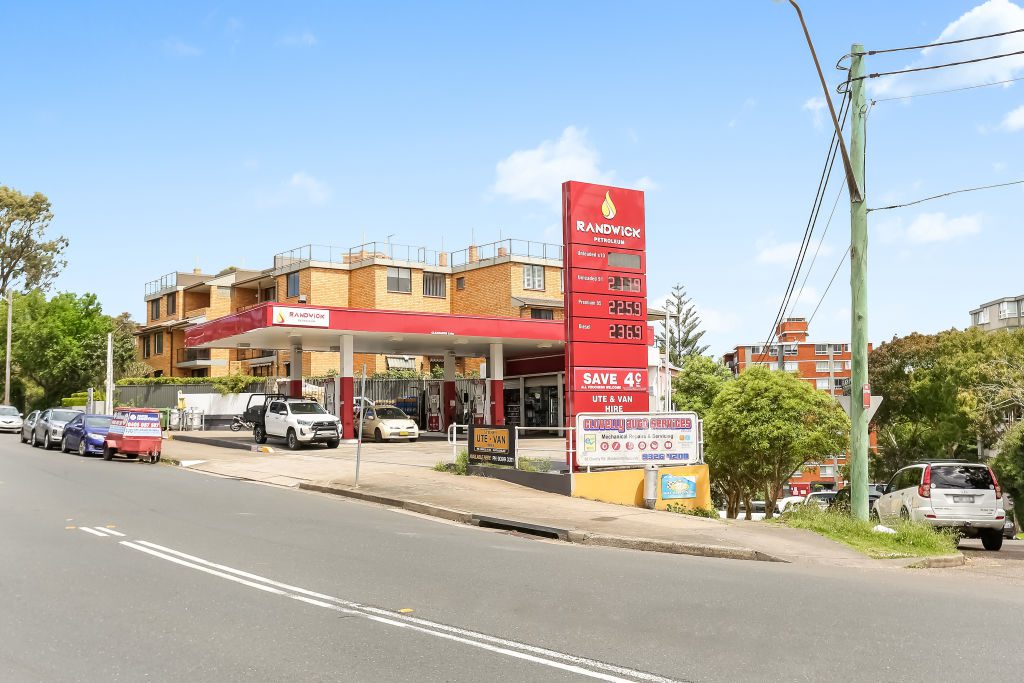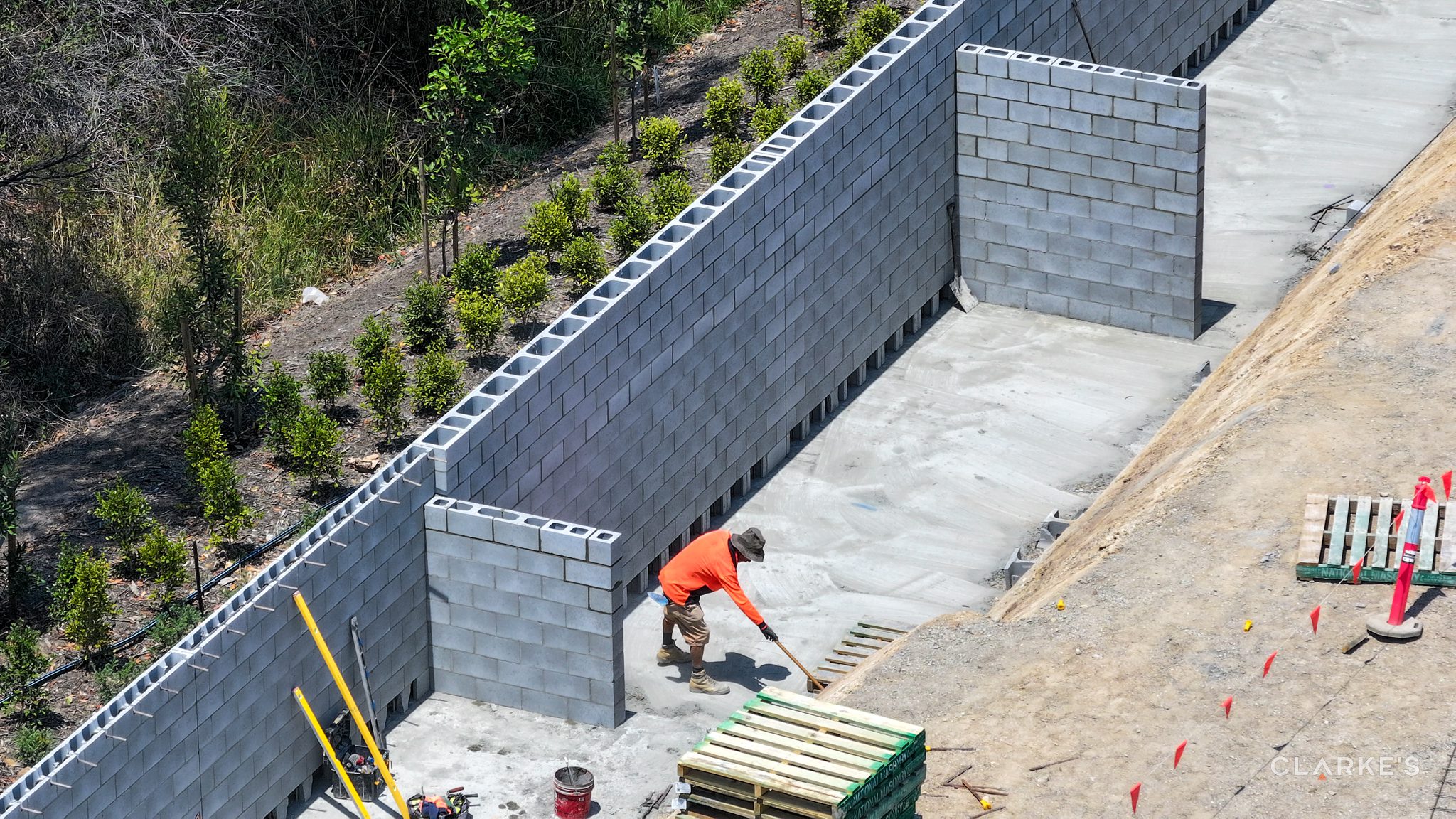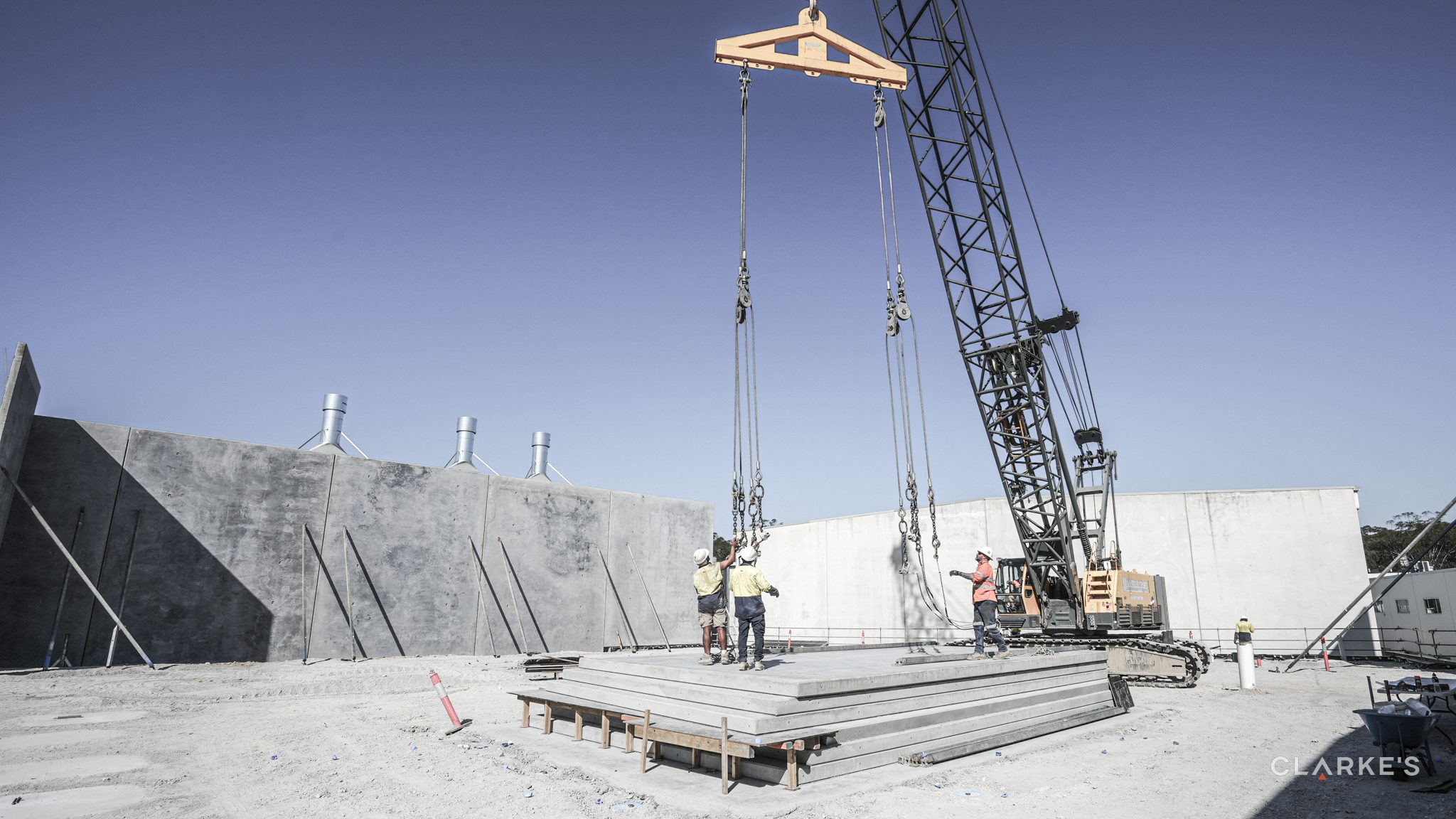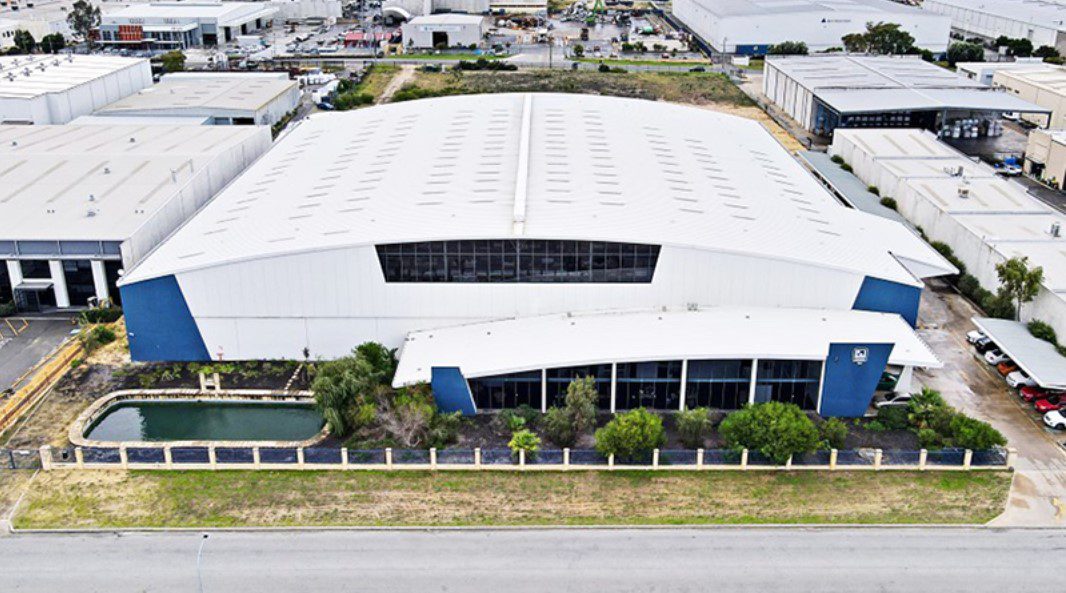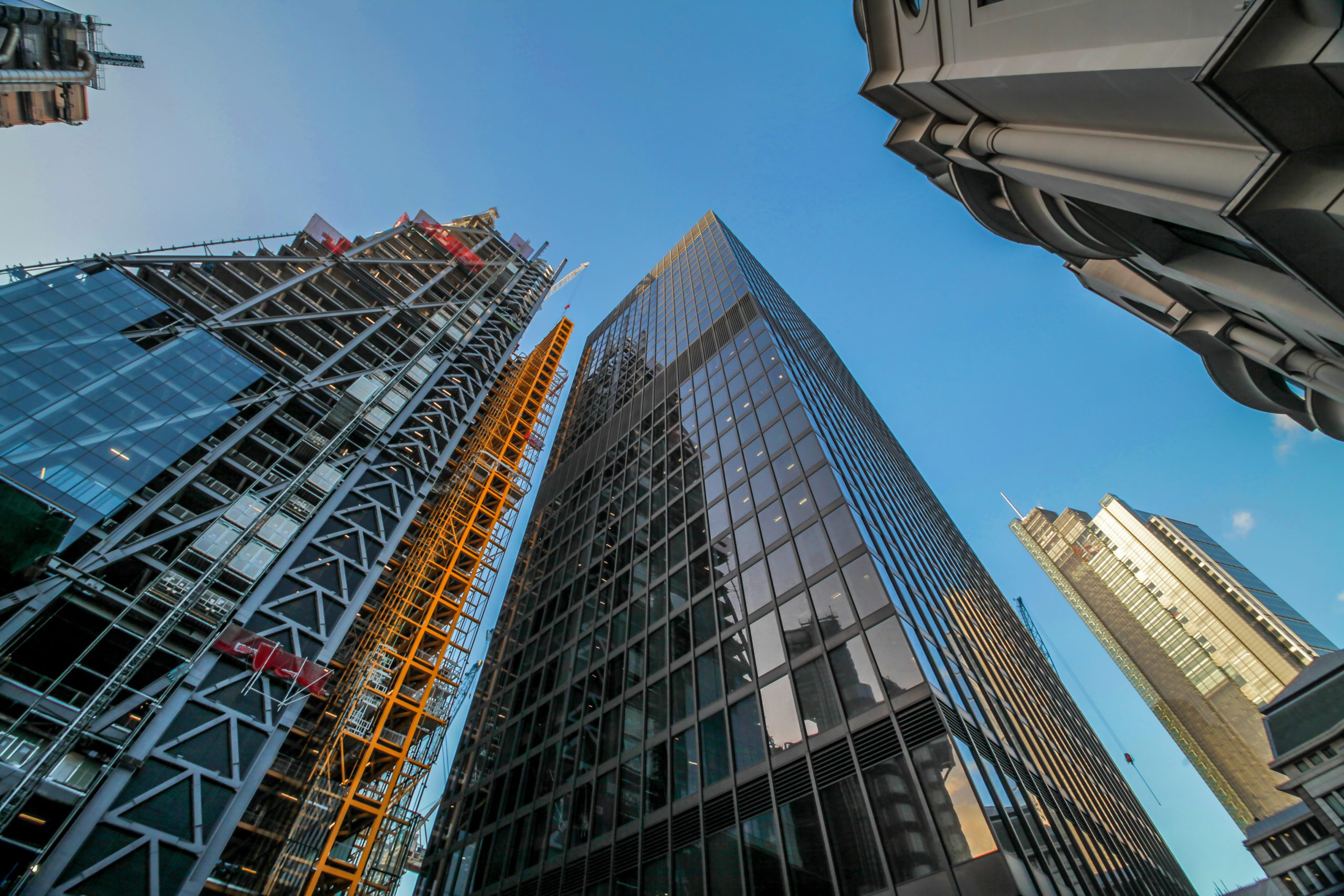Petrol stations are guzzling up investor cash in what has been a busy year for sales. But agents warn the future is electric and the present is all about convenience.
Uncertain economic conditions and the cost of conversion to electric vehicle (EV) charging bays saw supermarket chains quit the service station industry this year, while small, independently-owned fuel stores fetched premium prices.
Randwick Petroleum sold for $8.75 million in late November – $2.8 million above reserve – as five investors vied for the 651-square-metre Sydney site.
“We had a lot of inquiries; a lot of investors were looking at it looking for a safe return,” said James Nixon, Raine & Horne Projects director.
“I think it was really proved over the past couple of years with COVID and lockdowns, mechanical garages and petrol stations because they have tenants you know they’re not going to close or have any issues with paying the rent. It’s a bulletproof asset in this climate we’ve gone through in the past couple of years.”
The buyer, who Nixon said wanted to remain anonymous, plans to install fast chargers in several car parks to convert them into electric vehicle (EV) charging bays.
EVs now represent 3.39 per cent of all vehicle sales – a 65 per cent increase on 2021, according to the Electric Vehicle Council.
But this doesn’t necessarily sound the death knell for petrol stations, said Lee Holdsworth, CBRE’s manager of capital markets, petroleum and automotive.
“Service stations have a huge future still in Australia, and over the next couple of decades, they’ll have a transition phase, not in the next 10 years, but maybe in 20 years’ time, there will be a lot of that transition into EV charging stations,” he said.
“But the reality is we will require those fossil fuels for a long time to come into the future.”
CBRE finalised the sale of Ampol Kedron, north of Brisbane in July this year for $6.7 million. Agents fielded more than 150 enquiries for the 1505-square-metre site, which has a weighted average lease expiry (WALE) of eight years.
This year marked the exit of Coles from the service station industry. The supermarket giant sold its 710 Coles Express stores to Viva Energy in a $300 million deal in September.
It follows the sale of 540 Woolworths petrol stations to EG Group for more than $1.7 billion in 2019.
Ampol Petroleum is currently negotiating the sale of 17 vacant sites across Australia. Jordan McConnell, director of investment services at Colliers, said all sites would be used for alternative purposes.
He said competition among buyers was overwhelming but could not disclose purchase prices.
“We’ve done a couple of these campaigns now, and the response to this one is probably one of the strongest we’ve had,” he said.
Fluctuating fuel prices have made the industry super competitive for operators, resulting in a heavier reliance on quick service restaurants (QSR) and convenience offerings.
The attraction of a diverse income stream at service stations that provide more than just fuel appealed to buyers, said Jarrod Herscu, JLL senior executive, retail Investments.
“We are seeing heightened investor demand for service station anchored assets that include fast food outlets, such as KFC, Hungry Jacks and Guzman Y Gomez,” he said.
“Investors find these particularly attractive, as they provide a diversified income base, with an additional portion of the income derived from food, whilst understanding the additional uses drive more traffic to service stations, underpinning the performance of the assets.”
KATE JONES: DEC 14, 2022
